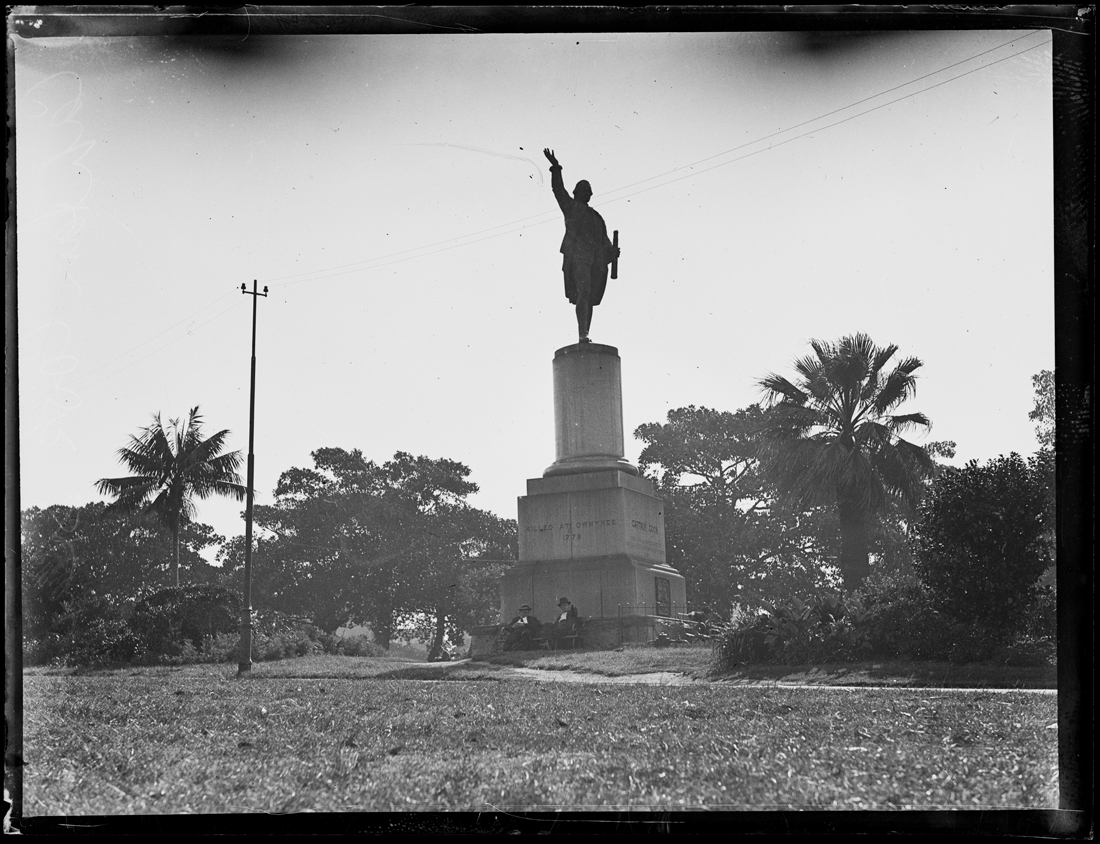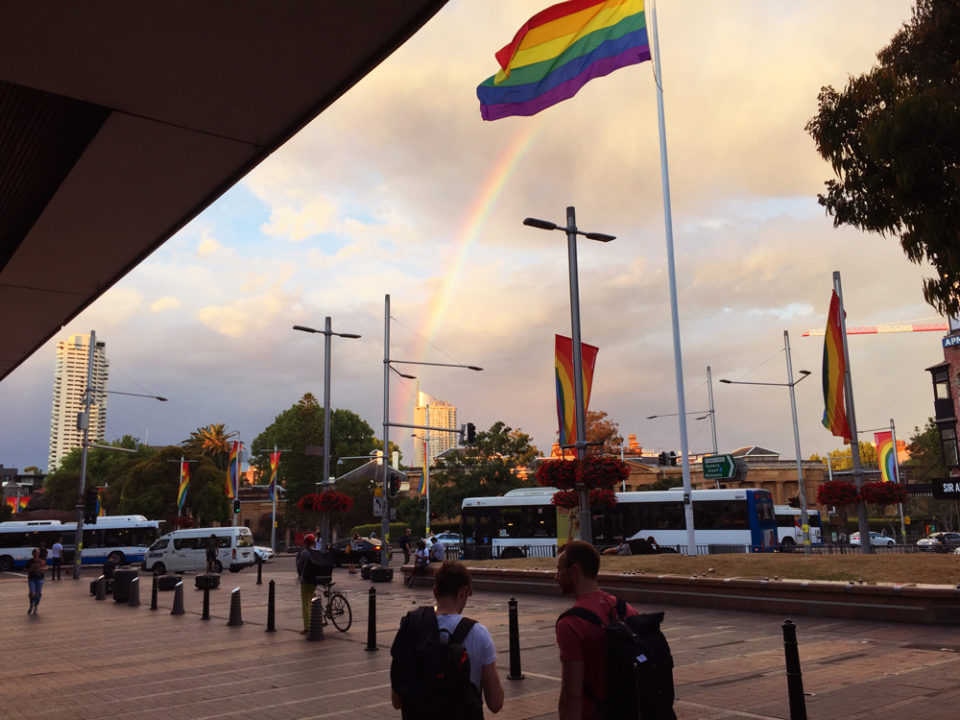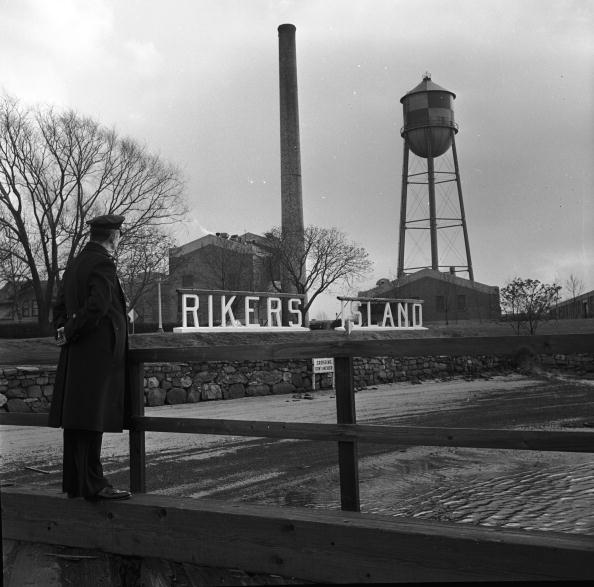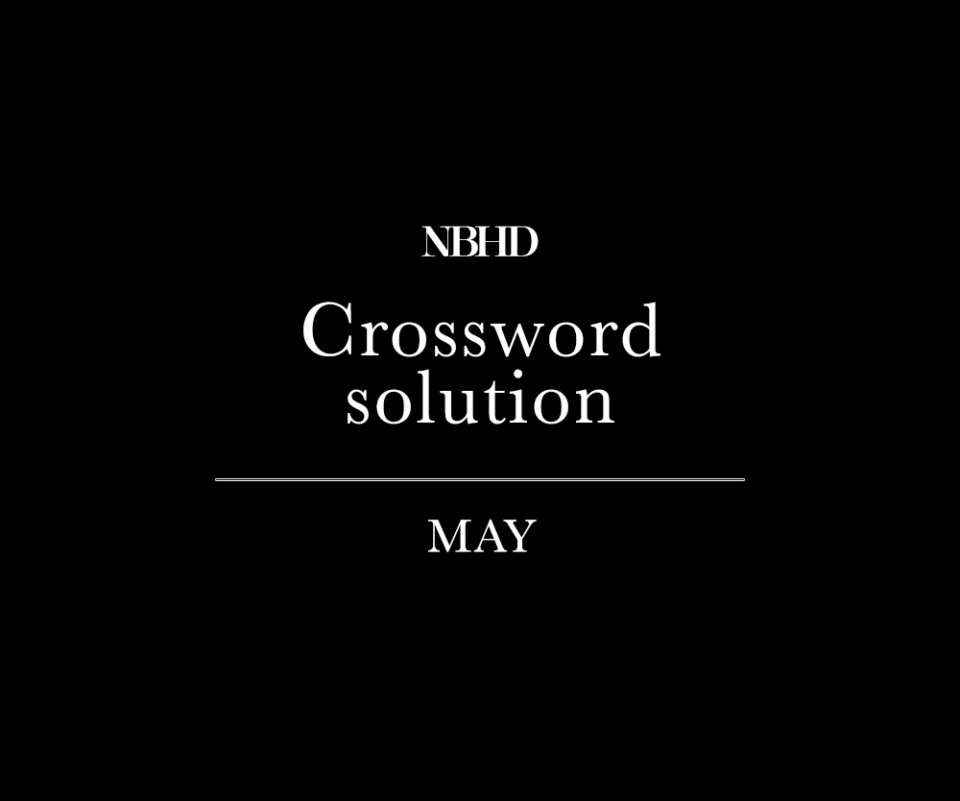Indigenous broadcaster Stan Grant has called for changes to the wording on the Captain Cook statue in Sydney’s Hyde Park. He argues the line “discovered this territory – 1770”, is patently false and should be corrected because Indigenous people weren’t just sitting around waiting to be ‘discovered’ by their colonial saviours. What he’s really arguing about is the power words have to shape our reality and who gets to control them.
“Who controls the past controls the future: who controls the present controls the past,” runs the Party line in George Orwell’s 1984.
Grant’s got a point. If we look to the kind of French discourse theory pushed by figures like Michel Foucault there’s a powerful argument to be made about the way language and words, enshrined in institutions, actively constructs the world around us. It’s not theory. Break the letter of the law and you could end up sentenced. Get a ‘defect’ notice and you can’t drive your car. Being branded ‘bankrupt’ limits your activities and simply lacking language skills lowers your earning potential. Put ‘unisex’ on a toilet and all hell breaks loose.
Words are also not static. Time has seen the once derisive ‘queer’ inverted into an article of pride, and just uttering the word ‘partner’ instead of ‘husband’ or ‘wife’ you’ve already felt how the strategic deployment of language can social engineer your brain’s behaviour. So, it’s understandable Grant might want clarification around the word ‘discovered’ so future generations aren’t hoodwinked into believing a false history written by the powerful to assert their narrative as the dominant story.
But whether for good or bad, isn’t there something also darkly Orwellian about rewriting the past? Isn’t it a bit creepy? We bristle when the Chinese Government erases all references to Tiananmen Square so that it simply does not exist within mass Chinese memory, and we don’t like Trump erasing climate change stats from government websites as if the world’s just a Wikipedia page ripe for sub-editing.
Like words, do objects change their meaning over time? Of course, Grant’s call is coming on the back of the removal of a statue of Confederate Army General Robert E. Lee in Charlottesville. Lee once had admirers on both sides of the civil war. He’s been on five postage stamps, the US Mint issued a commemorative coin in his honour, and the senate voted to sink federal funds into restoring his family mansion in the Arlington National Cemetery. Now he’s a symbol of slaveholding and racial hate. Couldn’t his statue have become a powerful reminder of what not to return to? “Study the past if you would divine the future,” said Confucius, but it’s difficult to study what’s no longer there.
Does the “discovered this territory – 1770” statement on the statue of Cook remain fixed as some irrefutable fact, or does it become over time, an anomaly from the past, reflecting an outdated colonial view, but accurately speaking to the ideas people held in the times being represented – and by looking at it, we can see just how far we’ve come? Perhaps a standalone sign might put it in context?
Digging a bit into the offending ‘discovery’ we come across root meanings like ‘reveal’ ‘disclose’ ‘uncover’ ‘unveil’, or from the 1550s, “to obtain knowledge or sight of what was not known”. Considering the audience for whatever Cook found during his travels was back in England, then it’s arguable he did, for his countrymen, reveal what was not formally known to them. Technically he did ‘discover’ or reveal a territory that could be a potential site to construct a new version of England and by doing so set in motion a series of cultural practices and institutions that has become known as Australia.
With words ‘Terra Australis Incognita’ and ‘Australia’, having their roots deeply in Latin, might Grant argue the name of our country is itself somehow bogus because its European origins conceal and distort what was already here? If Grant is really calling for the end of a colonial idea of this land as it’s enshrined within language, then do we need to ditch the name as well? Is it time we renamed Australia?





